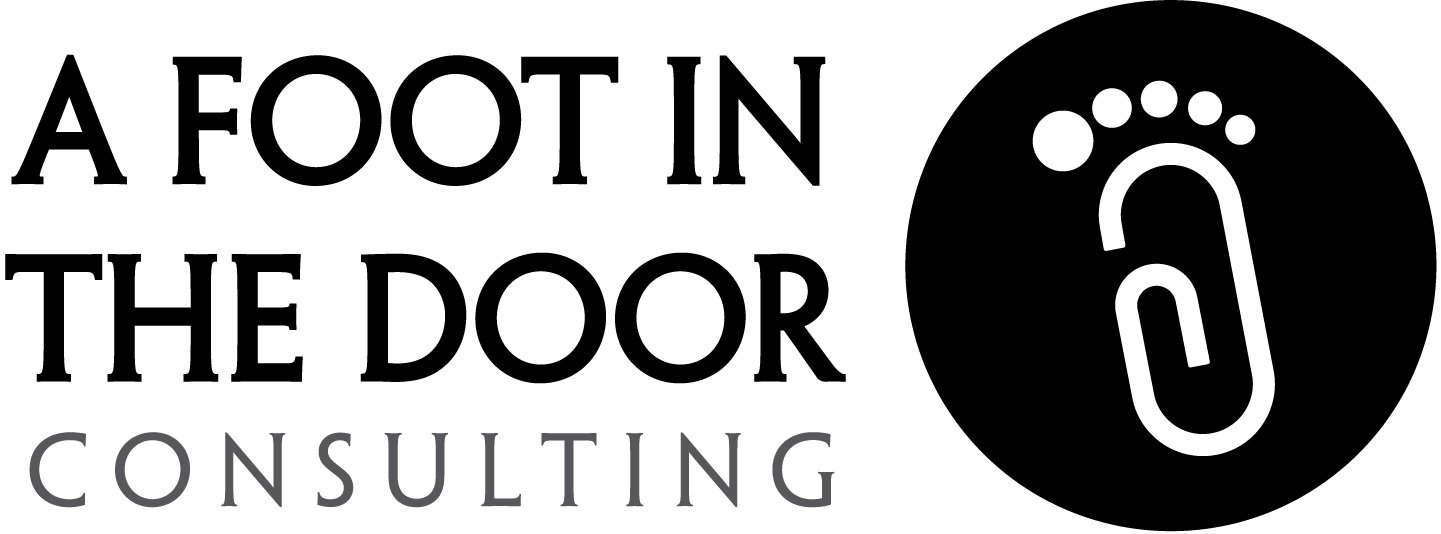ChatGPT and Resume Writing: The Good, The Great, The Bad, The Ugly
I think we can all agree that ChatGPT and OpenAI are not going anywhere. And like anything new, we all fall on different ends of the spectrum of what we think or how we feel about it. Though, what we know for sure is what ChatGPT can and can’t do well is ever evolving. So, what about job search documents? Can ChatGPT really build a strong resume?
Surprise, surprise the answer isn’t a solid yes or no. ChatGPT is appealing because resumes are challenging. OpenAI in document creation can be a great jumping off point when you don’t know where to begin, however, its limitations highlight the importance of human input, creativity, and understanding when crafting a compelling and effective resume. Not to mention, a solely OpenAI generated resume is often easy to spot, with more and more employers automatically disqualifying resumes that are OpenAI generated. Universities are already developing software to spot an OpenAI written essay, it’s only a matter of time before applicant tracking systems catch up and immediately screen out.
So, how should you use OpenAI for resume writing?
When should you not? Let me count the ways.
HOW CHATGPT CAN ASSIST WITH RESUME WRITING
1. Content Organization: OpenAI can help you develop the “bones” of your resume through which sections to include and the proposed order (e.g., contact information, summary, experience, education, training, etc.).
2. Keyword Identification: ChatGPT can be great at extracting keywords from a job description, supporting your ability to tailor and pass through application tracking systems (ATS). What is ATS? Find out what you need to know for a successful job search here.
3. Summarizing Long Experiences: When struggling to condense ChatGPT can provide suggestions on condensing lengthy work experiences or accomplishments into concise, impactful bullet points. (Although see #3 below)
4. Proofreading and Editing: Possibly the best use of the tool is utilizing its capacity to ensure that the content is grammatically correct and free from spelling errors.
WHY INPUT FROM THE JOB SEEKER IS IMPORTANT:
1. Lack of Personalization: A well-crafted resume should speak to professional experiences and accomplishments as well as be a reflection of your individual personality and unique strengths. ChatGPT often lacks the personal insight needed to fully represent your unique qualifications. You need to be able to paint a clearer picture your personality traits that are a value add to the company.
2. Formatting Limitations: Hiring managers only review documents for 6 seconds (and computers for a millisecond), which is why formatting plays a crucial role in the visual appeal and readability of a resume. ChatGPT can’t understand the subtle nuances, execute the best formatting preferences, and can provide a format that conflicts with computerized systems. Your hands-on formatting ensures the document’s presentation is effective.
3. Contextual Understanding: Resumes should be tailored per application so computerized systems and hiring managers can quickly see the job seekers relevance. This includes editing down to the most relevant content in order to reduce any “noise” and ensure the document directly mirrors the position requirements. ChatGPT lacks the ability to understand context beyond the text provided. You can best determine the relevance of certain experiences, skills, or achievements to a specific job or industry so you can stand out to potential employers.
4. Quality Assurance: ChatGPT might generate content that is grammatically correct but it doesn’t always make sense and lacks the finesse, clarity, or impact needed in a resume. Your review of content is necessary to reduce confusion.
Resume writing and tailoring is essentially the same as creating marketing materials for a product. It needs to be personalized, specific, and directly align with the consumer’s, or in this case employer’s, needs – something that ChatGPT alone cannot do. So, like anything, ChatGPT and other OpenAI tools are good in moderation. It is best used as a jumping off point or in extracting keywords for tailoring, but ultimately the job seeker needs to put in the work to stand out from the crowd.

